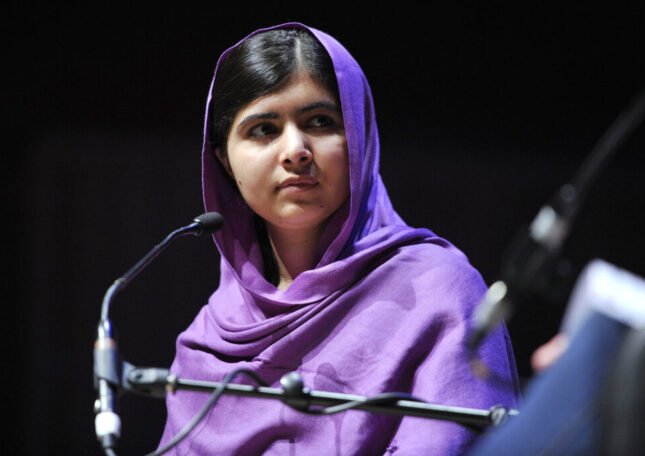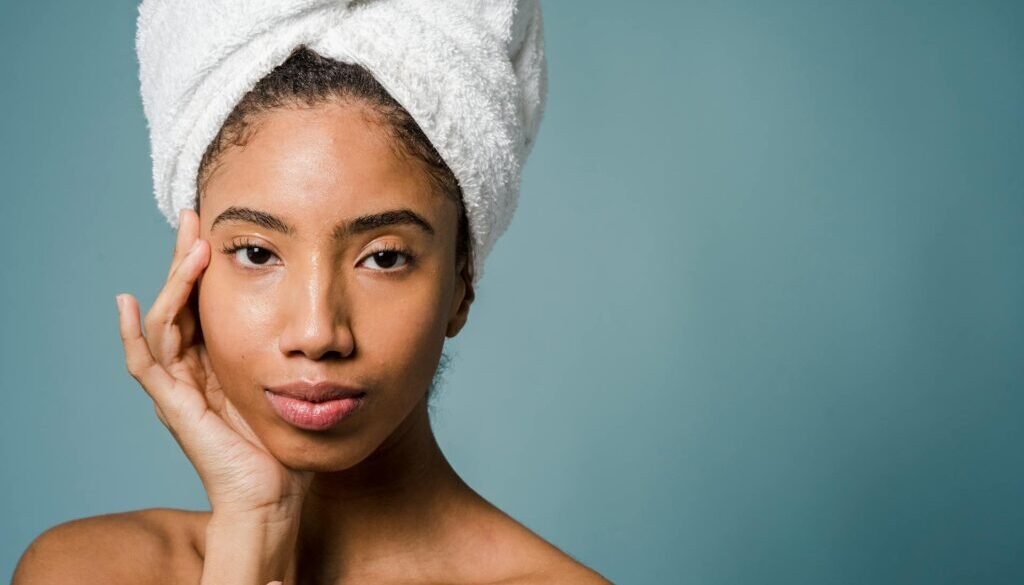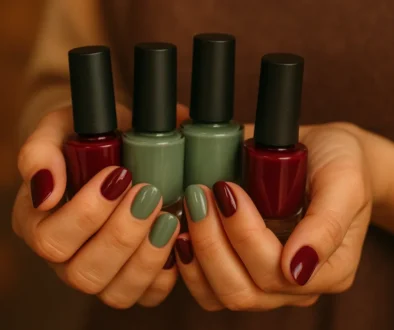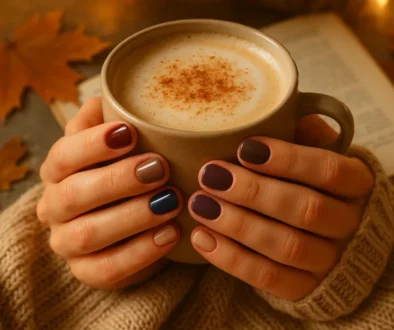Women Only Care About Looks? Inner Beauty Speaks Louder
“Women only care about looks” — a phrase that has echoed through cultures, media, and social conversations for decades. But is it really true? Or is it yet another stereotype that oversimplifies a diverse and complex reality?
In an era where authenticity, kindness, and emotional intelligence are increasingly valued, many women are proving that beauty goes far beyond skin deep. Research, real-life examples, and shifting social narratives all point to a more nuanced understanding: inner beauty speaks louder, lasts longer, and builds stronger connections.
Let’s explore where this myth came from, how data challenges it, and why valuing inner qualities over appearance is not just idealistic—but factual.
The Origins of the “Looks-Obsessed” Stereotype
The idea that women prioritize appearances—either in themselves or others—has deep historical and cultural roots. In many patriarchal societies, women’s value was traditionally linked to their physical appearance and ability to attract a partner. This notion was reinforced by:
Marriage markets where appearance played a key role in women’s social mobility.
Beauty standards established in literature, art, and media that emphasized youth and physical perfection.
Consumer culture that targets women with beauty products, fashion, and cosmetic surgery promotions.
According to Dr. Naomi Wolf in The Beauty Myth (1990), beauty has often been used as a form of social control. The more women are made to focus on their looks, the less time and energy they may have for pursuits like leadership, education, and self-expression.
What Research Says: Women and Values Beyond Appearance
Contrary to the stereotype, numerous studies reveal that women value inner qualities far more than surface-level beauty—both in themselves and others.
A 2021 YouGov survey found that 79% of women prioritize emotional intelligence, kindness, and communication skills over physical attractiveness when it comes to relationships.
In a Harvard Business Review article (2023), empathy, integrity, and problem-solving were ranked as top leadership traits by women in executive roles—none of which are related to looks.
Additionally, studies show that:
Women are more likely to seek personal growth and purpose over vanity.
Body positivity movements are led largely by women advocating for self-worth beyond appearance.
Young women increasingly rate mental health, self-awareness, and meaningful careers as more important than “being beautiful.”
These findings challenge the outdated assumption that women are shallow or beauty-obsessed. Rather, they indicate a broader, deeper set of values.
Media Influence and Changing Beauty Norms
While mainstream media has historically celebrated narrow beauty ideals, a major shift is occurring.
Campaigns like Dove’s “Real Beauty” and Aerie’s #AerieREAL promote authenticity and unfiltered body images.
Influencers and activists such as Jameela Jamil and Lizzo have redefined beauty as inclusive, empowering, and multidimensional.
Platforms like TikTok and Instagram increasingly showcase skills, stories, and self-acceptance, not just makeup and outfits.
A 2022 Nielsen report showed that over 68% of Gen Z women prefer brands that promote natural beauty, mental well-being, and self-expression over glamour.
Media has power, but women are no longer passive consumers. They are content creators, community builders, and disruptors of one-dimensional beauty myths.
Inner Beauty in Action: Empathy, Intelligence & Leadership
Women across industries, cultures, and communities are proving that inner qualities such as resilience, kindness, creativity, and leadership matter far more than looks.

Malala Yousafzai, Nobel laureate and education advocate, is admired not for her appearance but her courage and vision.

Jacinda Ardern, former Prime Minister of New Zealand, gained global respect for her empathy-driven leadership.

Greta Thunberg, at a young age, influenced global climate discourse—based solely on conviction and activism, not image.
In everyday life too, women shine as caregivers, innovators, educators, and problem-solvers—not just as faces in fashion magazines.
Inner beauty builds deeper relationships, creates stronger families, and leads to more authentic lives. It’s what people remember when the lights go out and the filters fade.
FAQs
Q1: Why do people believe women care more about looks?
A1: This belief is rooted in historical gender roles, media portrayals, and beauty-focused industries. These forces have long equated a woman’s worth with her appearance. However, modern research shows that women increasingly value personality, emotional depth, and personal growth.
Q2: Do women actually prefer good looks in a partner?
A2: While physical attraction is a factor, studies show women prioritize qualities like honesty, empathy, and shared values. According to Psychology Today (2022), long-term compatibility is influenced more by communication and emotional connection than appearance.
Q3: How is social media changing perceptions of beauty?
A3: Social media is a double-edged sword. While it can amplify unrealistic standards, it also empowers diverse voices that celebrate authenticity, body positivity, and mental health awareness. Women are now using platforms to advocate for self-love and redefine beauty norms.
Q4: Is focusing on inner beauty unrealistic in a visual world?
A4: Not at all. While visuals matter in branding and expression, long-lasting impact comes from traits like kindness, leadership, and resilience. Inner beauty leads to stronger relationships, trust, and influence—especially in workplaces and communities.



